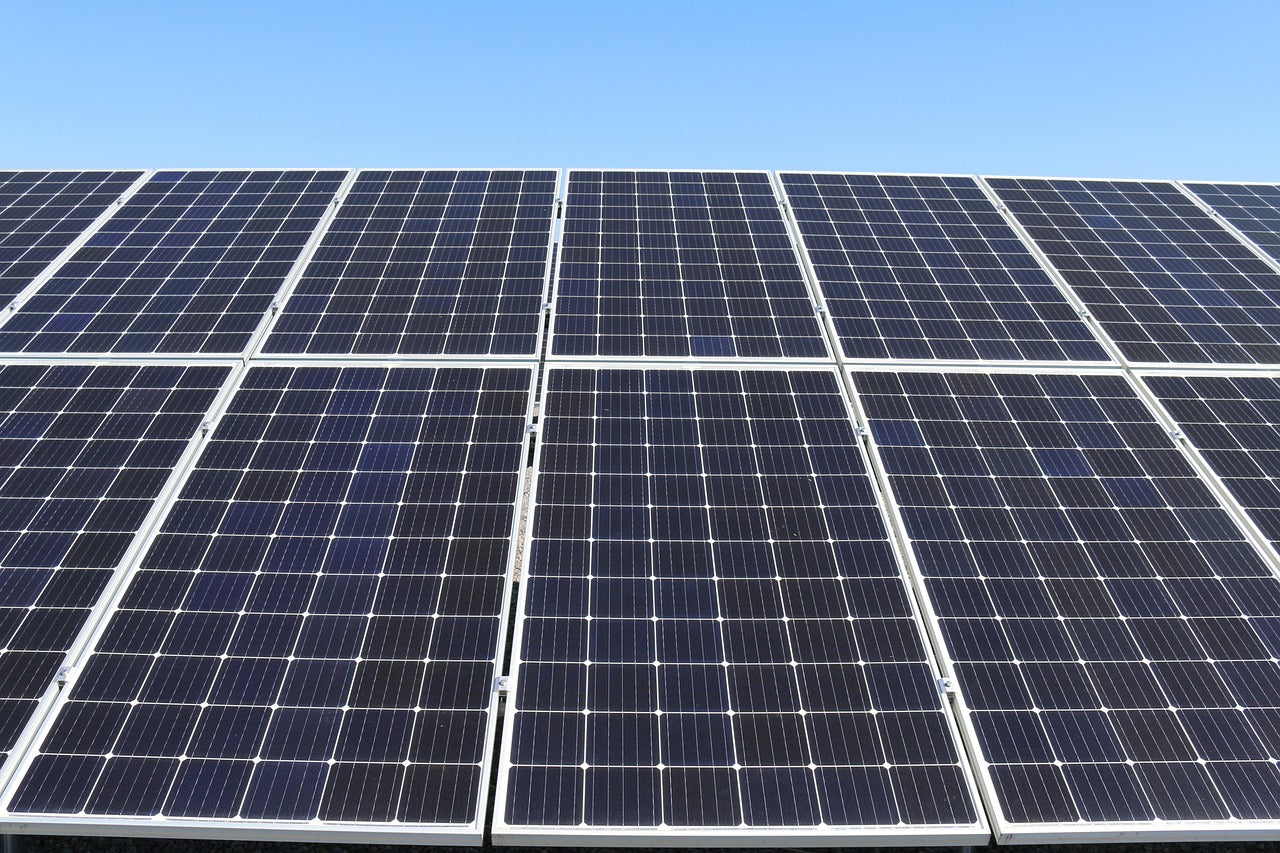
How Long Do Solar Panels Last?: The Average Lifespan of Solar Panels
If you're thinking about going solar or already have panels on your roof, you’ve probably wondered how long solar panels will actually last? It’s a fair question, solar panels are a big investment, and knowing how long they’re going to stick around is important.

So, let’s take a look at the lifespan of solar panels. We’ll cover what affects how long they last, when you might need to replace them, and some simple ways to keep them working efficiently over the years. Don’t worry, we’ll keep it clear and easy to understand—like chatting with a friend. Let’s get started!
How Long Do Solar Panels Last?
Solar panels generally last between 20 to 30 years. But here's the deal: they don't just stop working once they hit that age. They still produce energy, just not as efficiently as they did when they were new. Think of it like your phone's battery, it works for years but loses its ability to hold a full charge over time.
Factors That Affect the Lifespan of Solar Panels
Several factors can impact how long your panels will last:
- Quality: High-quality solar panels, like monocrystalline, tend to last longer.
- Installation: Proper installation is crucial; poor placement or mounting can reduce lifespan of solar panels.
- Environment: Extreme weather, like heavy snow, hail, or intense heat, can cause faster degradation.
When shopping for solar panels, remember that quality of solar panels and professional installation are just as important as the price tag. A little more upfront can save a lot down the road. Additionally, understanding the role of an inverter in converting solar energy is crucial. The inverter transforms the direct current (DC) generated by the panels into usable alternating current (AC) for your home.
Solar Panel Degradation: What You Need to Know
Degradation is basically a slow decrease in the solar panel efficiency over time. Most panels degrade at about 0.5% to 1% per year. So, if your panels start at 100% efficiency, they might be around 85% after 20 years. It’s a gradual decline, not a sudden drop, and most panels are still pretty effective even after decades. Now you might have questions about,
Do Solar Panels Degrade Over Time If Stored in a Dark Place?
I have seen many redditors talk about this topic. There's a common myth that solar panels degrade if stored away, but that’s not the case. Solar panels don’t degrade in the dark. Degradation mainly happens due to sunlight exposure, which is ironic but true. If you need to store panels, just keep them in a cool, dry place. They’ll be ready to go when you need them, without losing efficiency.
How Efficient Will Solar Panels Be in 10 Years?
In about ten years, most panels will still be 90-95% efficient. So, if your panels were producing 300 watts at the start, you can expect them to produce between 270-285 watts a decade later. It’s a good rate, especially considering that technology and other home efficiencies will likely improve, too.
When Should Old Solar Panels Be Replaced?
Figuring out when to replace your solar panels isn’t always clear-cut because they don’t just quit working all at once. Instead, their performance slowly gets worse over the years. So, how can you tell when it might be time to swap them out for new ones? CW Energy solar solutions recommends watching for a few key signs to ensure your system stays efficient and cost-effective.
- Big Drops in Efficiency: If your energy bills are rising and the panels aren’t producing like they used to, it might be time.
- Physical Damage: Cracks, warping, or any visible damage are red flags.
- Outdated Tech: Solar technology evolves quickly, so newer panels might offer much better efficiency.
Replacement vs. Maintenance
Before jumping to replace your panels, check if some maintenance might do the trick. Issues with inverters, wiring, or other components often get mistaken for panel problems. A professional inspection can save you from replacing panels that just need a little TLC.
Best Practices to Maximizing the Lifespan of Your Solar Panels
To get the most out of your solar panels, some simple solar panel maintenance tips go a long way. Here’s what you can do:
- Regular Solar Panel Cleaning: Dust, leaves, and bird droppings can block sunlight. A gentle cleaning can keep them clear and efficient.
- Monitor for Shade: Trees and new buildings can cast shadows on your panels. Keep an eye out and trim any branches that could interfere with sunlight.
- Routine Inspections: Regular checks help catch small issues before they become big problems. Having a professional inspect your setup every few years is a good move.
A little effort in solar panel maintenance can keep your panels producing energy efficiently for their full lifespan.
Maximize Your Solar Panel Investment
Solar panels typically last 20 to 30 years, with gradual efficiency loss over time. Key factors like panel quality, proper installation, and regular solar panel maintenance play a big role in maximizing their lifespan.
Keep your panels clean, check for shade, and have occasional inspections to catch issues early. When efficiency drops significantly or panels show damage, it might be time to consider solar panel replacements. With the right care, your solar panel investment can keep paying off for years to come!

Leave a comment